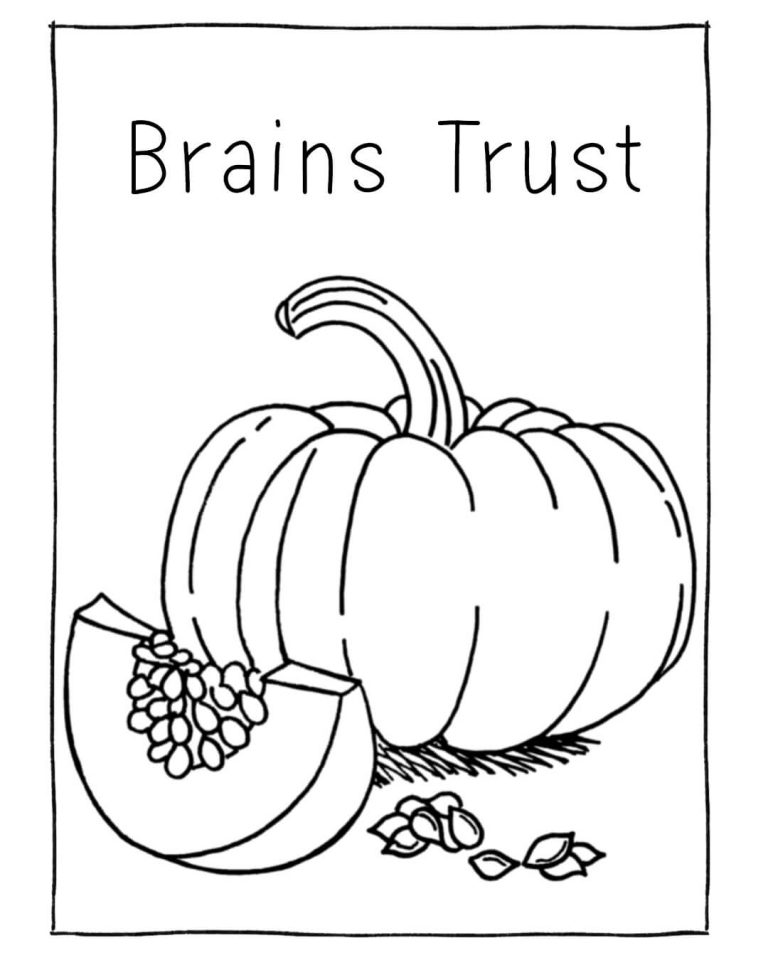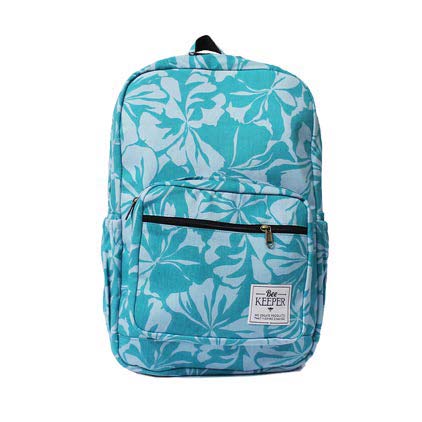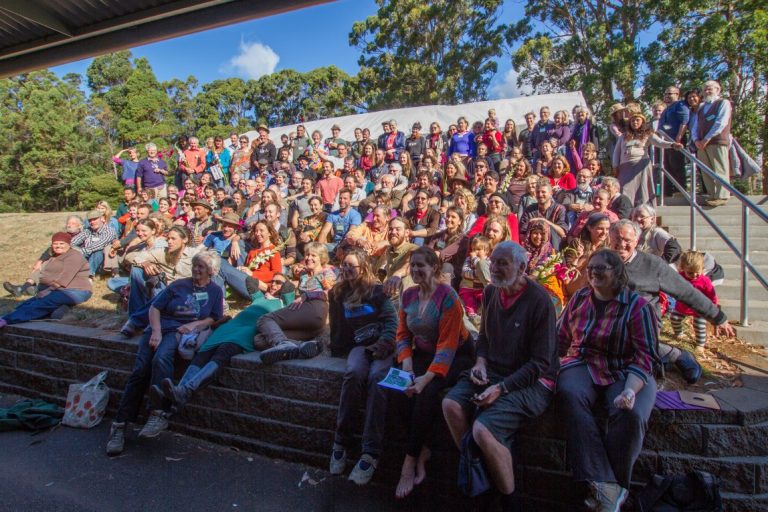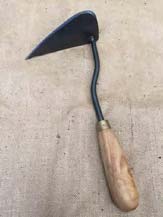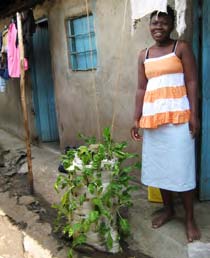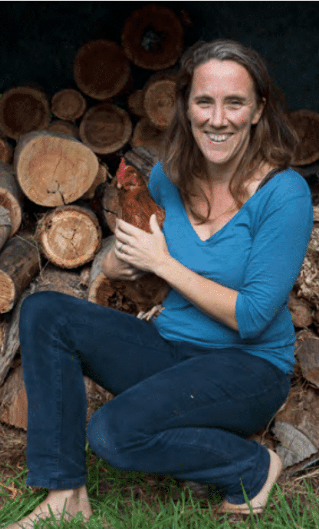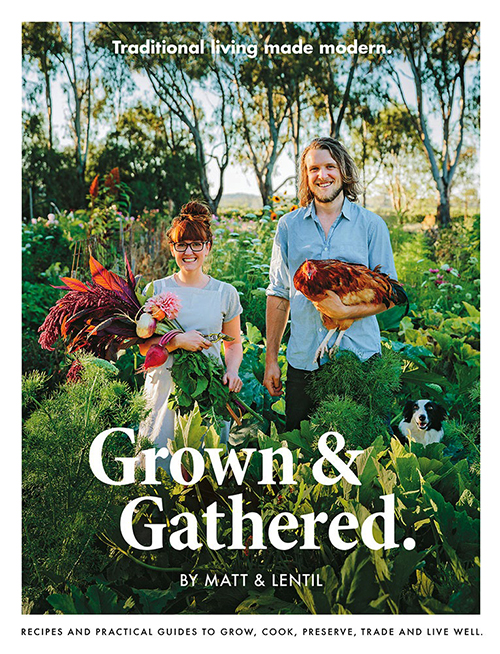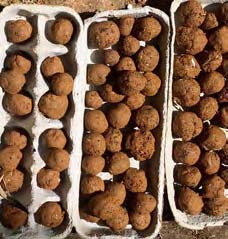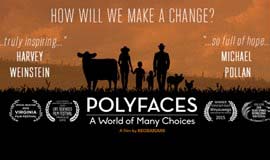Editorial
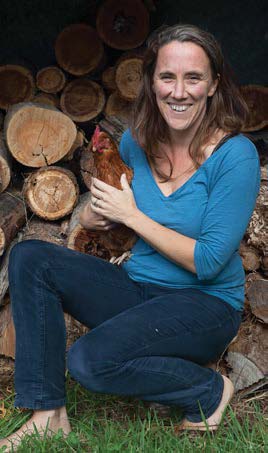
We as humans have included chickens as part of household life for thousands of years. The earliest evidence of domestication is believed to date back to 5400BCE in China and evidence has been found dating back thousands of years across the world, in Iran, Pakistan, India, Africa, North and South America.
All chickens have descended from the red jungle fowl of South-East Asia and from there have been traded and transported across the globe and been embedded in civilisations throughout history.
Around 800BCE ancient Egyptians were artiõcially incubating eggs and at the same time, Romans were experimenting with dishes such as omelettes and stu§ed chickens and using farming practices to fatten birds for eating.
What has caused the humble chicken to be so ubiquitous throughout time? It hasn’t always been for their meat and eggs, chickens were often held in religious esteem where they were worshipped and often they were used as oracles and omens in times of war.

